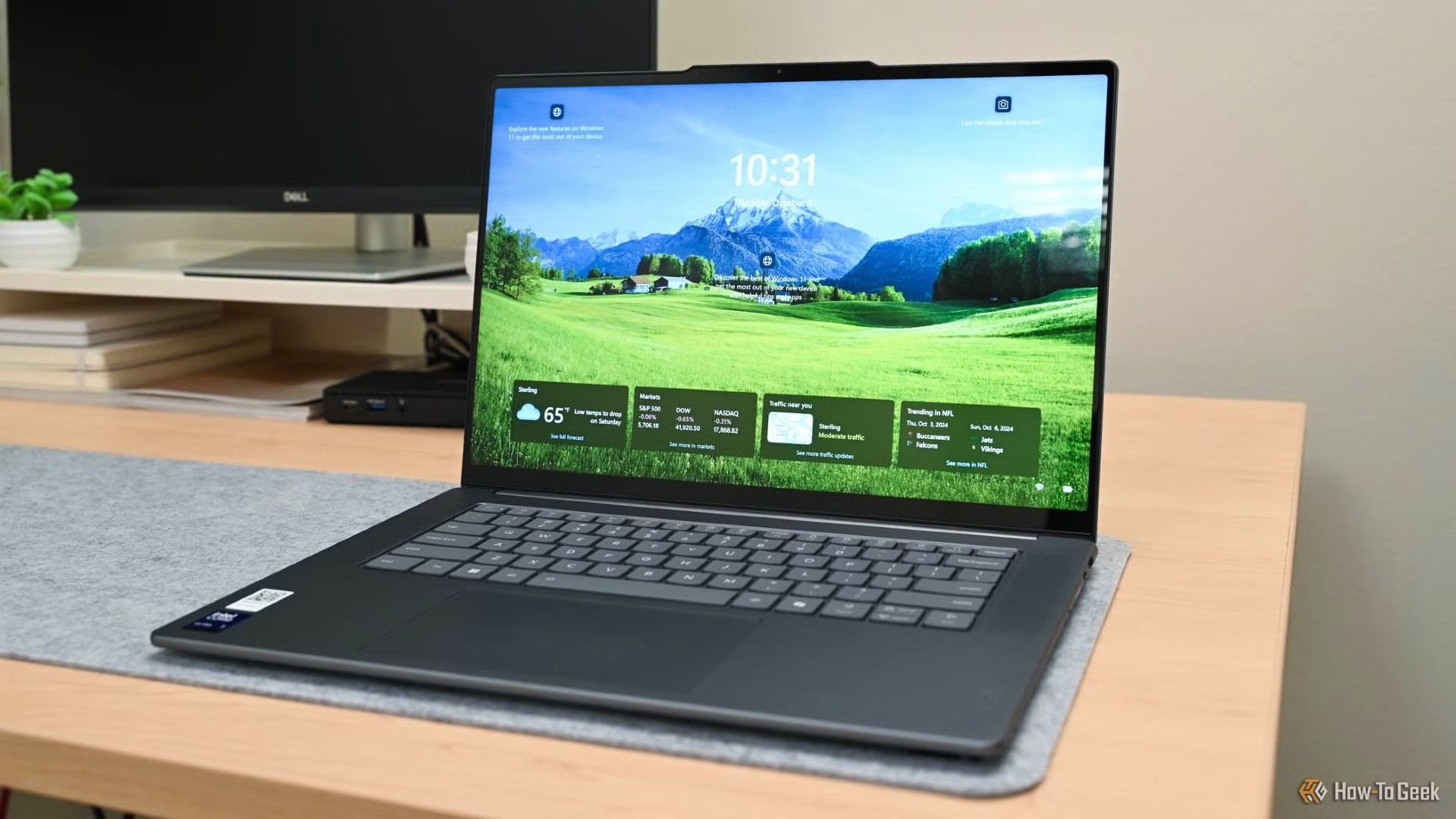Meta Is Expanding Teen Accounts to Facebook and Messenger

Social media can be a fantastic way to connect with friends and family, but it can also be dangerous—especially for kids and young adults. While modern social media platforms like Facebook have been around for over 20 years, figuring out how to make these apps and sites safe for minors is still an ongoing challenge.
For all its faults, Meta is making some efforts in this space. Last year, the company announced Teen Accounts for Instagram. All accounts for users under the age of 18 automatically shifted to this new format, which included a number of protections not found on typical Instagram accounts. For example, Teen Accounts are private by default, so new followers need to be accepted one by one. Non-followers cannot see their posts, send DMs, or tag or mention them in posts.
There are also a number of content filters associated with Teen Accounts, as the app blocks violent content as well as posts promoting cosmetic procedures. In addition, Teen Accounts receive reminders to quit Instagram after 60 minutes of screen time, and a built-in sleep mode activates between 10 p.m. and 7 a.m. to mute alerts and send auto-replies to any incoming DMs.
While 16- and 17-year-old users can adjust these settings if they wish, users under 16 cannot do so without their parent’s permission. Meta seems satisfied with the results, so it’s not a surprise that the company is both expanding Teen Accounts to Facebook and Messenger, as well as adding to the number of protections built into these accounts.
Teen Accounts on Facebook and Messenger
Meta announced these Teen Account changes in a Tuesday blog post. In addition to Instagram, Teen Accounts are rolling out to Facebook and Messenger users in the United States, UK, Australia, and Canada, with more regions planned in the near future.
As with Instagram Teen Accounts, accounts for users under the age of 18 will automatically transition to Teen Accounts. Before that transition happens, users will see an alert at the top of their apps informing them of the settings Meta plans to change.
Credit: Meta
What’s new with Teen Accounts
Teen Accounts on Facebook and Messenger are getting the same protections that Instagram Teen Accounts have had since last year. However, Meta is rolling out new restrictions for Teen Accounts on Instagram specifically.
That includes a ban on live broadcasting for users under 16. If these users want to go live on Instagram, they’ll need their parents’ permission to enable the setting. In addition, these users will require their parents’ OK to turn off a feature that blurs images containing suspected nudity in DMs.
What do you think so far?

Credit: Meta
I imagine the vast majority of parents are going to want to keep these settings disabled on their teens’ Instagram accounts. Meta does, too: The company says that 97% of users aged 13-15 keep these default protections enabled.
As previously mentioned, Teen Accounts are automatic. If your teen has an account with Instagram, Facebook, or Messenger, their account will switch to a Teen Account without you needing to do anything.
If your teen is 16 or older, they will have the option to adjust these settings on their own. However, teens under 16 not only need your permission to change settings, they first need to set up parental supervision to give you the option to adjust these settings in the first place. Otherwise, they’re stuck with Teen Accounts restrictions until they turn 16.
To do this in Instagram, open the app, open your profile, tap the hamburger menu in the top right, the choose Family Center. Tap Invite your teen, then choose your child from the list of users. Tap Invite to send the invitation. You’ll find a similar invite link setting in Messenger and Facebook: Open the app, head to Menu > Settings (Settings & privacy on Facebook) > Family Center, then share the invite link that the app generates for you.
Once set up, you should be able to manage your teen’s permissions from this Family Center chat. That includes options like who can DM them, who can mention or tag them, what content they can see and unblur, sleep mode settings and time limit options. However, this isn’t a “big brother” situation: Meta says you cannot see your teen’s search history or DMs, make posts on their behalf, or reset their password. They retain a significant amount of personal privacy here: You simply control the aforementioned permissions. When your teen does try to change a restricted setting, the app will let them know they need your permission to do so.











